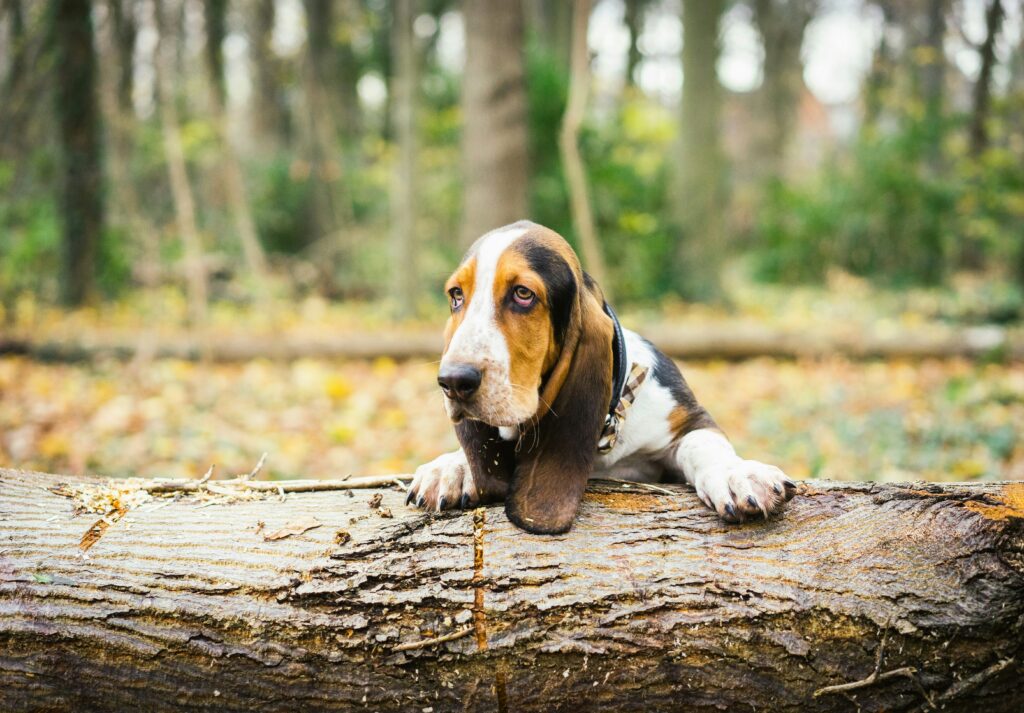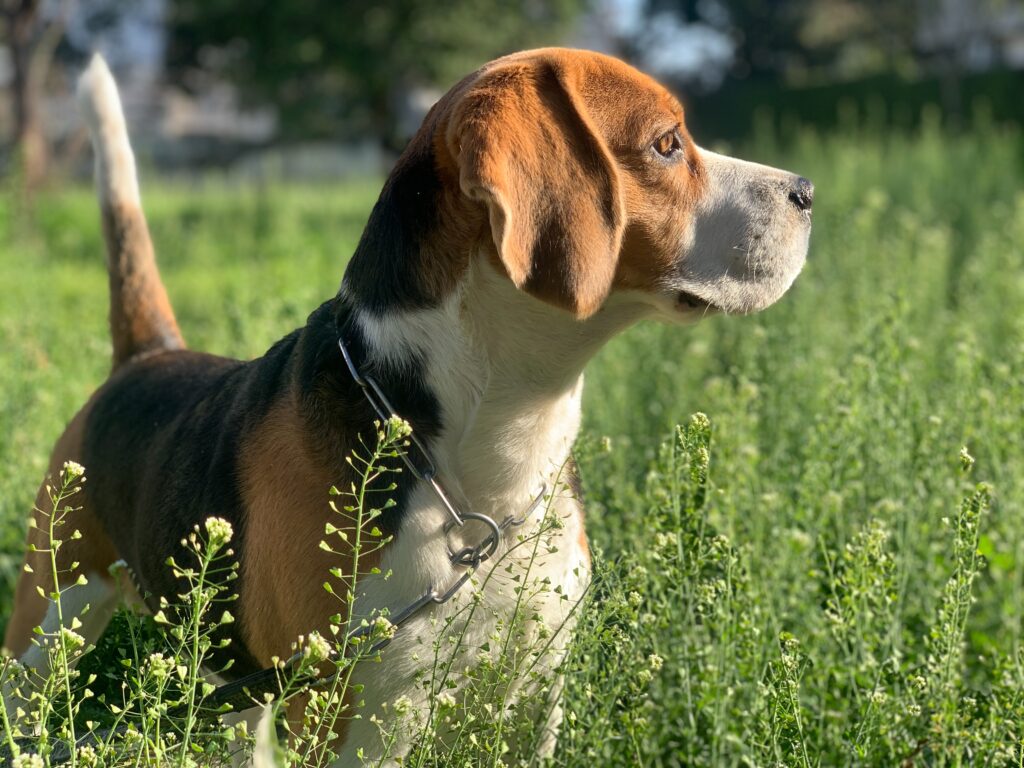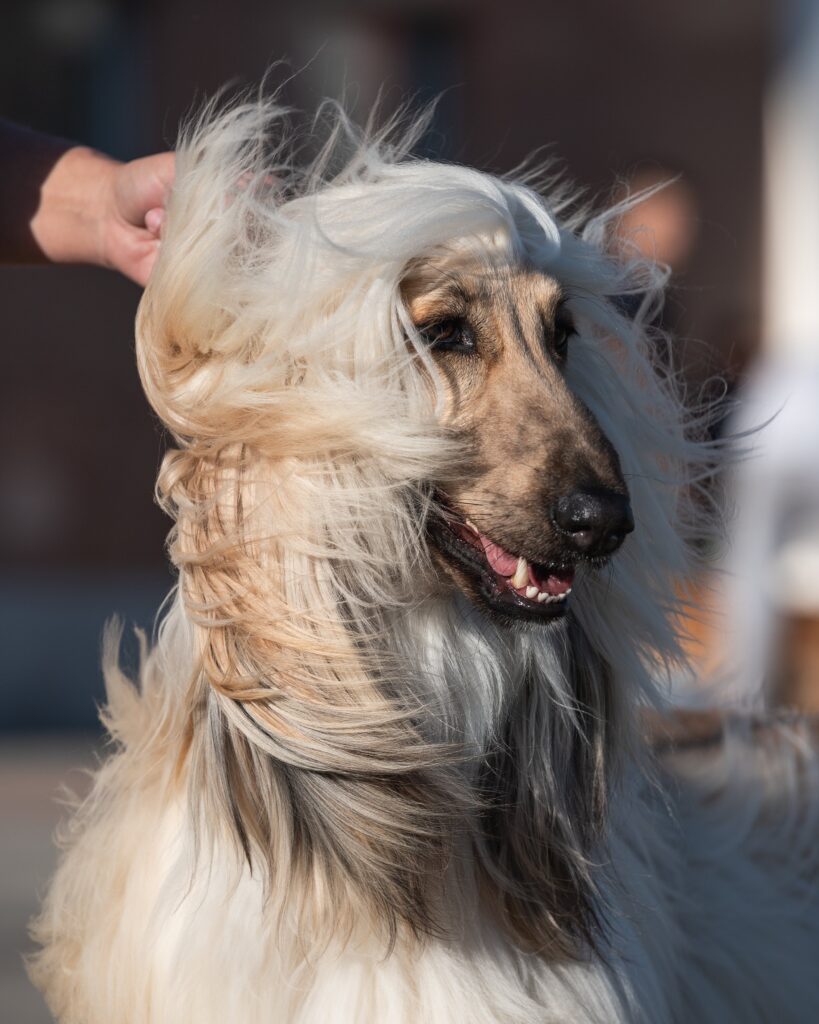Understanding and managing dog odor in your home is important for both the comfort of your family and the well-being of your furry friend. Dogs can emit a variety of odors, ranging from a mild musky smell to a strong, unpleasant odor. These odors can be caused by a number of factors, including skin issues, ear infections, and diet. By understanding the causes of dog odor and implementing proper grooming and cleaning techniques, you can effectively manage and reduce dog odor in your home.
Understanding the Causes of Bad Odor in Dogs
There are several factors that contribute to dog odor. One common cause is skin issues. Dogs can develop skin conditions such as dermatitis or yeast infections, which can lead to a strong odor. These conditions can be caused by allergies, poor hygiene, or underlying health issues. Another common cause of dog odor is ear infections. Dogs with long, floppy ears are particularly prone to ear infections, which can produce a foul smell. Additionally, diet can play a role in dog odor. Certain foods can cause dogs to have bad breath or emit an unpleasant body odor.
The Top Dog Breeds with the Strongest Odor
While all dogs have their own unique scent, there are certain breeds that are known for having a stronger odor than others. Basset Hounds are one such breed. They have a distinct musky smell that is caused by their oily skin and droopy ears. Bloodhounds also have a strong odor due to their loose skin and wrinkles, which can trap dirt and bacteria. Other breeds that are known for having a strong odor include Bulldogs, Cocker Spaniels, and Shar-Peis.
Why Certain Dog Breeds Smell Worse Than Others
The strength of a dog’s odor can be influenced by biological and genetic factors. Some breeds have more oil-producing glands in their skin, which can lead to a stronger smell. Additionally, certain breeds have more folds or wrinkles in their skin, which can trap dirt and bacteria and contribute to a stronger odor. Genetics also play a role in a dog’s odor. Some breeds have been selectively bred for certain traits, such as a strong scent for hunting purposes, which can result in a stronger overall odor.
How to Manage and Reduce Dog Odor in Your Home
There are several practical steps you can take to manage and reduce dog odor in your home. Regular cleaning is key. Vacuuming and mopping floors, washing bedding and blankets, and regularly cleaning your dog’s toys and accessories can help eliminate odors. Good ventilation is also important. Opening windows or using fans can help circulate fresh air and reduce odors. Additionally, using air purifiers or odor-neutralizing sprays can help eliminate lingering smells.
The Importance of Proper Grooming for Odorous Dog Breeds
Proper grooming is essential for managing dog odor, especially for breeds that are prone to strong smells. Regular brushing helps remove loose hair and dead skin cells, which can contribute to odor. It also helps distribute natural oils throughout the coat, keeping it healthy and reducing odor. For breeds with long or thick hair, regular trimming or professional grooming may be necessary to prevent matting and trapped odors.
Tips for Bathing and Cleaning Odorous Dog Breeds
Bathing is an important part of managing dog odor, but it should be done in moderation. Over-bathing can strip the skin of its natural oils, leading to dryness and irritation. When bathing odorous dog breeds, it’s important to use a shampoo specifically formulated for dogs that addresses odor issues. Look for shampoos that contain deodorizing ingredients such as baking soda or tea tree oil. It’s also important to thoroughly dry your dog after bathing to prevent moisture from becoming trapped in the coat, which can lead to a musty smell.
The Role of Diet in Controlling Dog Odor
Diet plays a significant role in controlling dog odor. Feeding your dog a high-quality, balanced diet can help promote healthy skin and coat, reducing the likelihood of odor-causing issues. Look for dog foods that contain high-quality protein sources, such as chicken or fish, and avoid foods that contain artificial additives or fillers. Additionally, adding certain supplements to your dog’s diet can help reduce odor. Omega-3 fatty acids, for example, can help improve skin and coat health.
Natural Remedies for Reducing Dog Odor
If you prefer to take a more natural approach to managing dog odor, there are several remedies you can try. Apple cider vinegar can be added to your dog’s bath water or sprayed onto their coat to help neutralize odors. Coconut oil can also be applied topically to moisturize the skin and reduce odor. Additionally, adding a small amount of fresh parsley or mint to your dog’s food can help freshen their breath and reduce bad odors.
Dealing with Health Issues that Contribute to Dog Odor
If your dog has persistent odor issues, it’s important to address any underlying health issues that may be contributing to the problem. Skin infections, allergies, or other medical conditions can cause strong odors in dogs. Consult with your veterinarian to determine the cause of the odor and develop a treatment plan. This may involve medication, dietary changes, or other interventions to address the underlying issue.
Choosing a Low-Odor Dog Breed for Your Home
If you or someone in your household is particularly sensitive to dog odor, you may want to consider choosing a low-odor dog breed. Some breeds are known for having minimal odor due to their coat type or genetics. These breeds include Poodles, Basenjis, and Portuguese Water Dogs. However, it’s important to note that even low-odor breeds may still emit some scent, so proper grooming and cleaning are still necessary.
Understanding and managing dog odor in your home is essential for creating a comfortable living environment for both you and your furry friend. By understanding the causes of dog odor and implementing proper grooming, cleaning, and dietary practices, you can effectively manage and reduce dog odor in your home. Remember to consult with your veterinarian if your dog has persistent odor issues, as there may be underlying health issues that need to be addressed. With proper care and attention, you can keep your home smelling fresh and clean, even with a four-legged friend.
If you’re interested in learning more about different dog breeds, you might also enjoy reading our article on the Beagle dog breed. Beagles are known for their friendly and outgoing nature, making them a popular choice for families. To find out more about this lovable breed, check out our comprehensive guide to the Beagle dog breed here.



